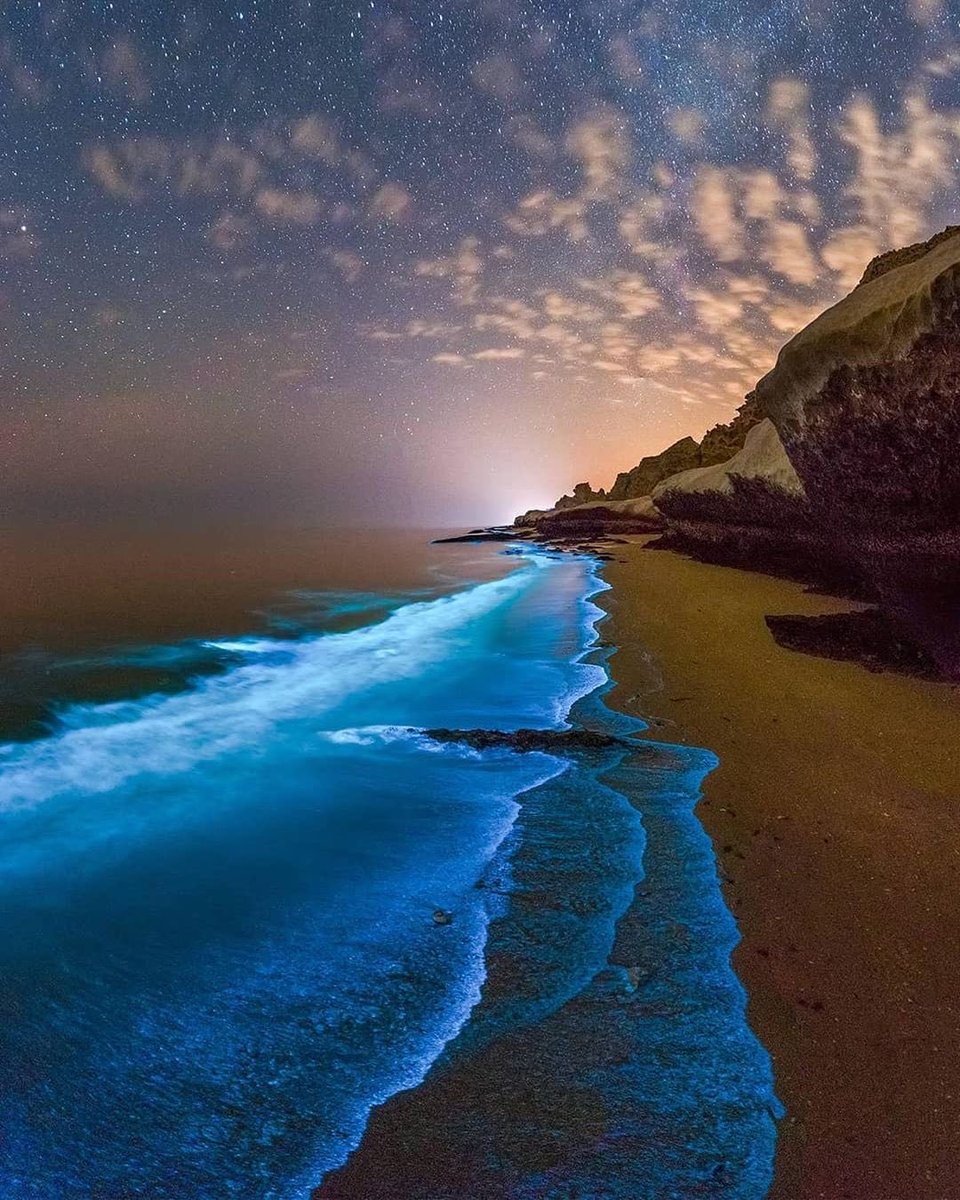Trump’s Twist With The Houthis
By Dr Khairi Janbek
During his meeting with the Canadian Prime Minister Mark Carney, US President Trump interrupted the proceedings and declared that the American bombing campaign against the Houthis has stopped. He said, they don’t want to fight us so we respect that.
Now, what does that translate to, is not really very clear. Does it mean that the Houthis will not attack US ships only, or will they cease their actions which threaten maritime movement in the Red Sea including Israeli ships? And will the fighting, for instance, end British bombardment and/or Israeli bombardment. I suppose it remains to be seen.
It is said by observers that the Trump decision was a surprise to the international community and even to some in his administration, though one would argue there are no more surprises with president Trump since his definition of the “America First” policy has come to mean either extracting himself out of the problems he makes as if nothing happened or alternatively stick his nose in already existing mess here and there, then extracting himself out of it without having either solved or achieved anything.
What went on and still goes on in the Red Sea area seems to be closely tied to the big red apple or the big prize, and that is the nuclear negotiations with Iran. Otherwise what would make the Houthis stop fighting, they have been bombed for such a long time without any tangible results?
On the one hand, one would assume that Iran is sending positive signals to the Americans by clearly restraining their proxies in Yemen, while at the same time the Saudis are urging both the Americans and the Iranians to reach an agreement over the issue, while in the mean time, in the background, Israel is lurking behind the scenes being restrained in the name of a successful nuclear agreement.
Indeed, the success of the nuclear agreement will mean that Iran can have a civilian nuclear program subject to periodic inspection, and that by itself, should bolden Saudi Arabia to have its own civilian nuclear program and enrich uranium on its own territory independent of the usual American demand that Saudia should sign first a peace agreement with Israel.
I suppose someone must give in, after all President Trump will be returning back from his coming trip to the Gulf with almost $3 trillion, and calling the Persian Gulf, the Arab Gulf in America; which would be just as meaningless as calling the Gulf of Mexico, the Gulf of America.
As for Israel, well the Houthis declare clearly that their soul stand with Gaza will not refrain from bombing the Zionist state?
Now, to what extent can Mr Netanyahu, the prime minister, whom till now has managed to disguise his political survival in the garment of a regional strategy, will be allowed to upset the American plans, especially, first of all, in counter bombing the Houthis, or even emboldened enough to bomb Iran as the sponsors of the Houthis.
If Israel is to be kept out of the Gulf currently, it will work on exacting a price somewhere else.
Dr Khairi Janbek is a Jordanian writer based in Paris, France.












